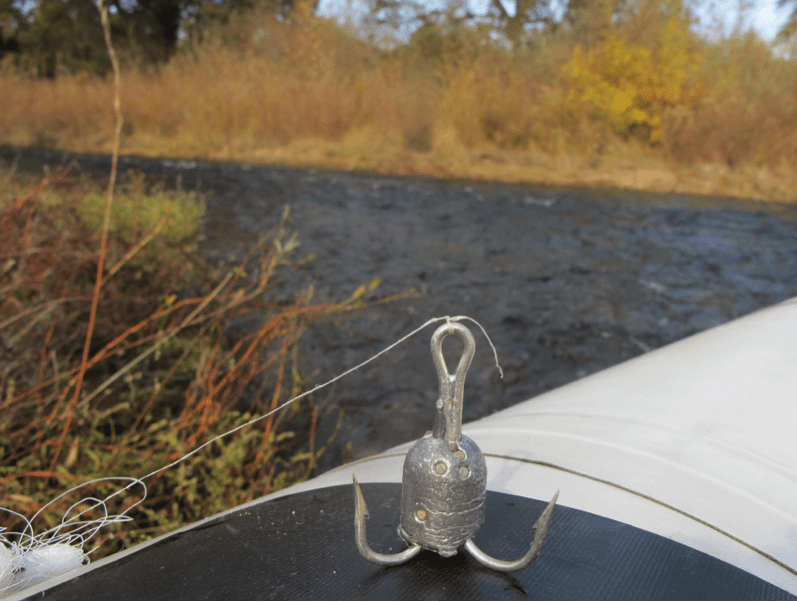Wednesday April 9, 2014
Poaching, or the illegal collection or killing of fish and wildlife, is a serious issue in many regions of the world. While it’s difficult to put a price tag on the problem, an estimated $100 million in native wildlife is poached in California every year, from abalone to black bears. Poaching includes hunting or fishing in closed areas or out of season, exceeding bag limits, or using prohibited gear or equipment. These activities can cause extensive damage to fish and wildlife populations, particularly to threatened and endangered species. In California, the responsibility of enforcing hunting and fishing regulations falls on the California Department of Fish and Wildlife wardens. Only 392 wardens are tasked with protecting 159,000 square miles of natural habitat, 1,100 miles of coastline, 4,800 lakes, and 30,000 miles of streams and rivers. Sometimes bringing charges against people illegally harvesting animals requires many hours of surveillance in order to gather enough evidence against offenders.
As we have noted in the past (See Snagged), we frequently find evidence of fish poaching activities in our local rivers and streams, such as this hook intended to snare salmon. The best way to assist CDFW wardens is to call their hotline (1-888-DFG-CALTIP) if you witness poaching taking place, or to contribute financially to support warden activities by purchasing a Warden Stamp. When you think about it, poaching our natural resources is like stealing directly from the rest of us. It reduces the number of game animals for law-abiding hunters and fishers, and increases our taxes for enforcement and prosecution. Preventing poaching just makes good sense.

